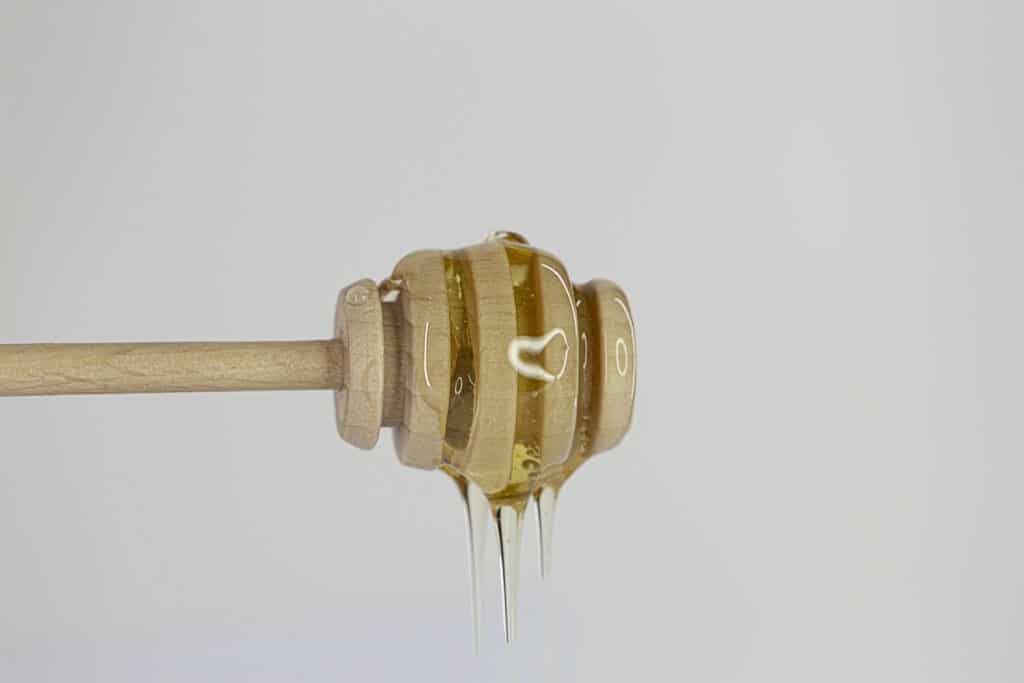Honey Facts
Honey is a natural source of sweetness and joy, but most people know surprisingly little about it. Below are clear, science-backed and genuinely fascinating facts about honey and honey bees, written to be easy to scan, easy to understand, and easy to remember.
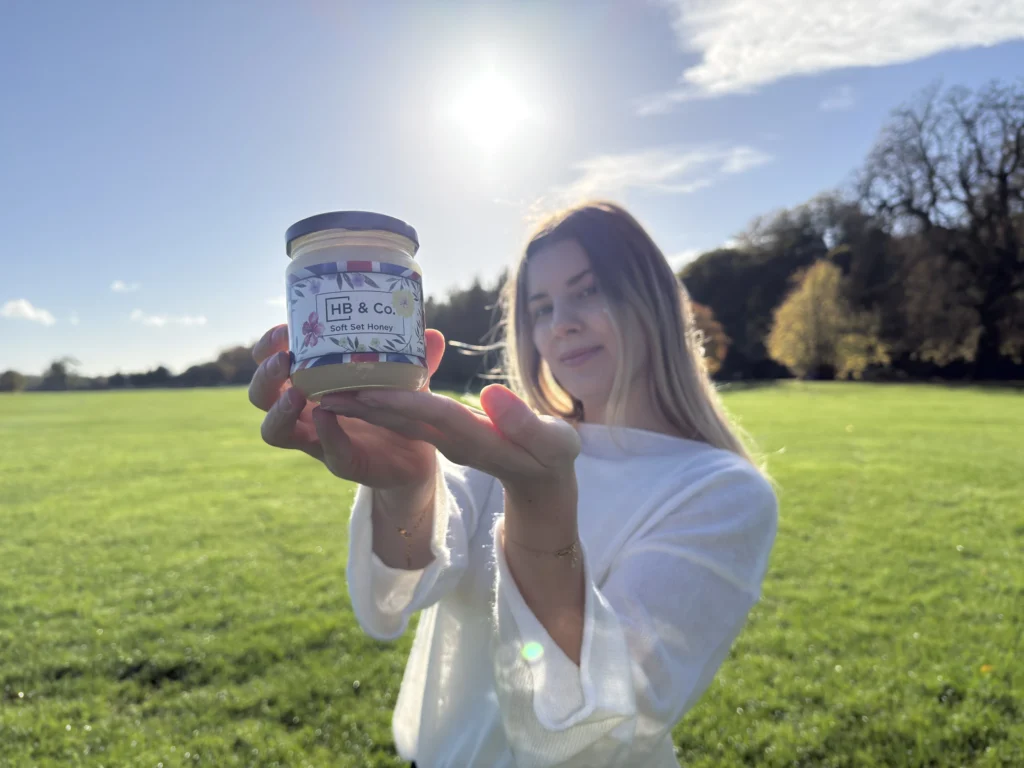
Does Honey Go Off?
Honey never spoils.
Honey is naturally acidic and very low in moisture, which makes it an unsuitable environment for bacteria and microorganisms. When stored in a sealed, airtight container, honey can last indefinitely.
Edible honey has even been discovered in ancient Egyptian tombs that is thousands of years old.
Do Bees Have Their Own Awareness Days?
Yes, they do.
10 July is “Don’t Step On a Bee Day.”
This day exists to raise awareness about the dramatic decline in bee populations worldwide and to remind us of our responsibility to protect them.
Bees are essential for pollination, food production, and healthy ecosystems. Without bees, many plants and crops would not survive.
September is National Honey Month.
Originally launched in the United States, it is now recognised internationally. September marks the end of the honey harvesting season, making it the perfect time to celebrate honey and the work of bees.
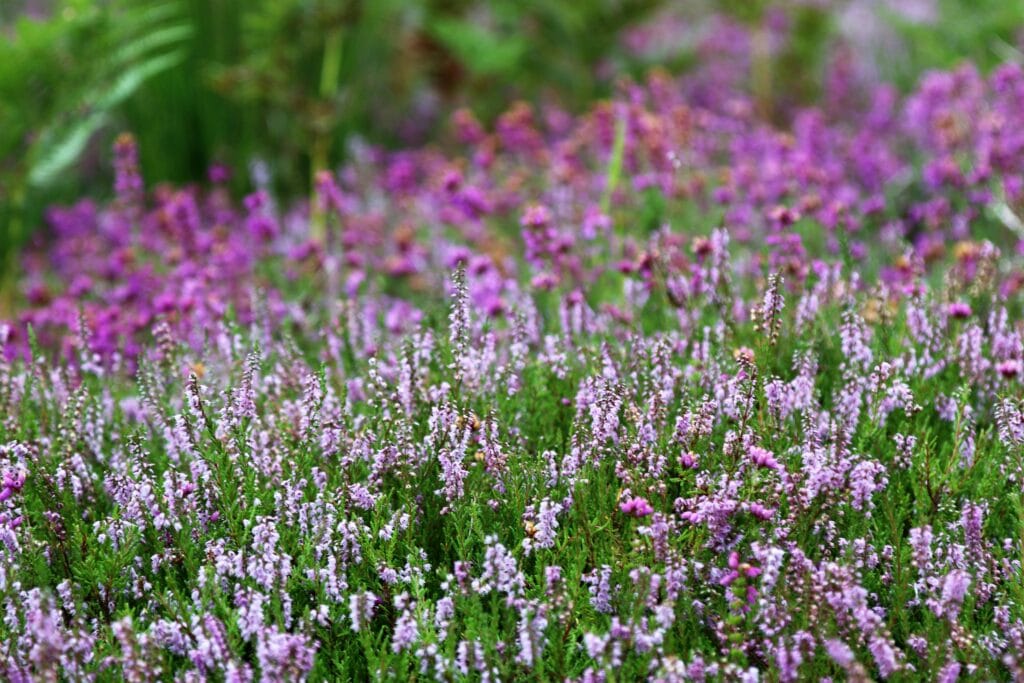
What Is Honey Made Of?
Honey is far more complex than it looks.
Just two tablespoons of honey can provide enough energy to fuel a honey bee’s entire lifetime flight.
Honey contains over 180 natural substances, including:
- Enzymes that support digestion
- Vitamins and minerals
- Natural sugars
- Organic acids and antioxidants
Its composition varies depending on the flowers the bees visit.
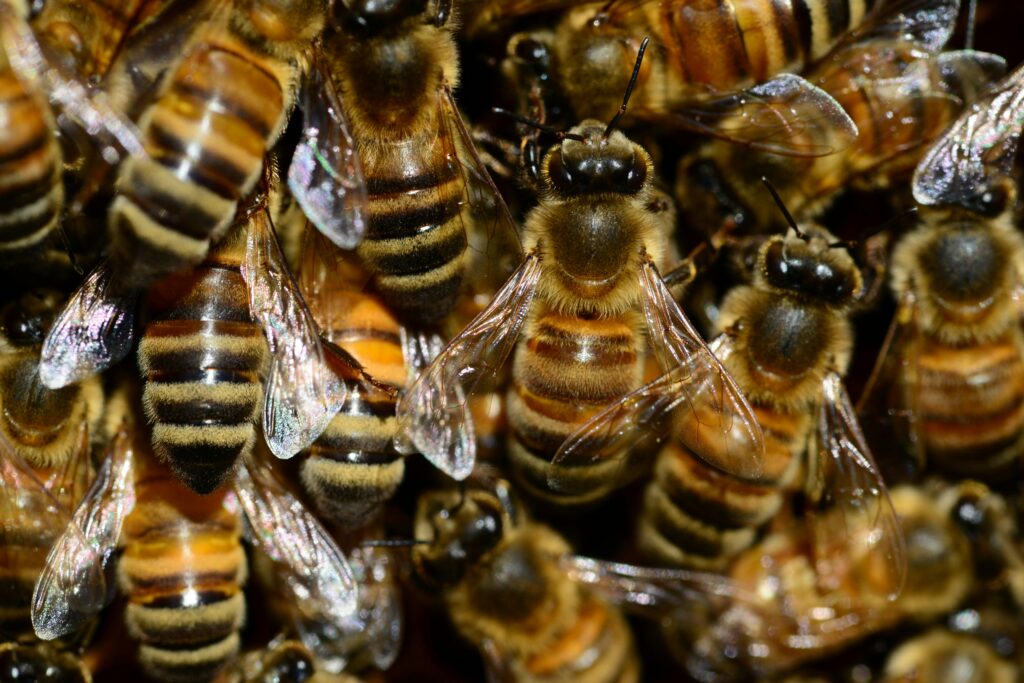
Can Honey Support Fertility?
Honey has long been associated with fertility in traditional cultures.
The term “honeymoon” is believed to originate from the custom of newlyweds consuming honey regularly to support conception.
Raw honey contains natural compounds that may help support hormone balance and reproductive health, particularly when it still contains pollen and has not been heavily processed.
Can Honey Help Brain Function?
Honey is the only natural food that contains all the substances needed to sustain life.
It also contains pinocembrin, a powerful antioxidant linked to improved brain function and cognitive support.
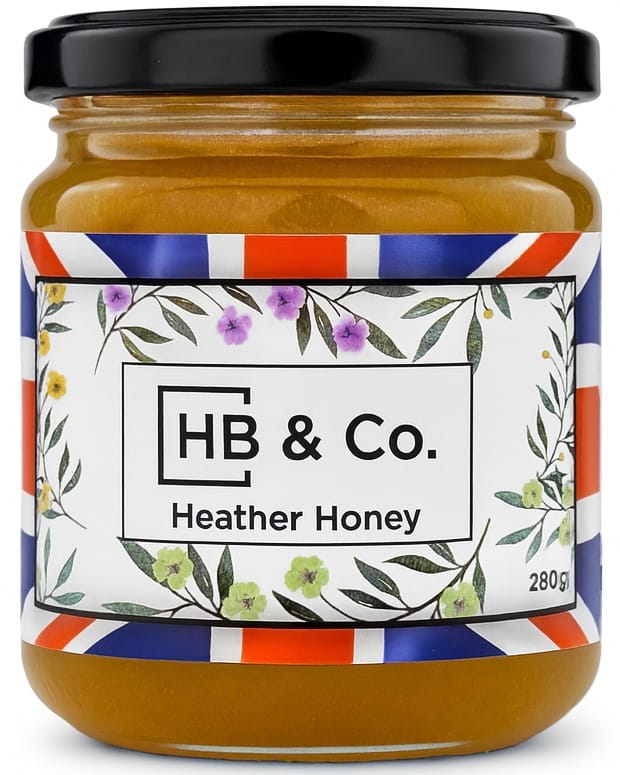
Did You Know?
- Honey is the only food produced by an insect that humans eat.
- A single worker bee can visit up to 2,000 flowers in one day.
- Honey is mentioned multiple times in religious texts, including the Bible: “My son, eat thou honey, because it is good; and the honeycomb, which is sweet to thy taste.” Proverbs 24:13
Can Honey Help Cracked Lips?
Yes.
Honey works as a natural humectant and mild exfoliator. It helps remove dry skin while locking in moisture, making it an effective and affordable remedy for cracked lips.
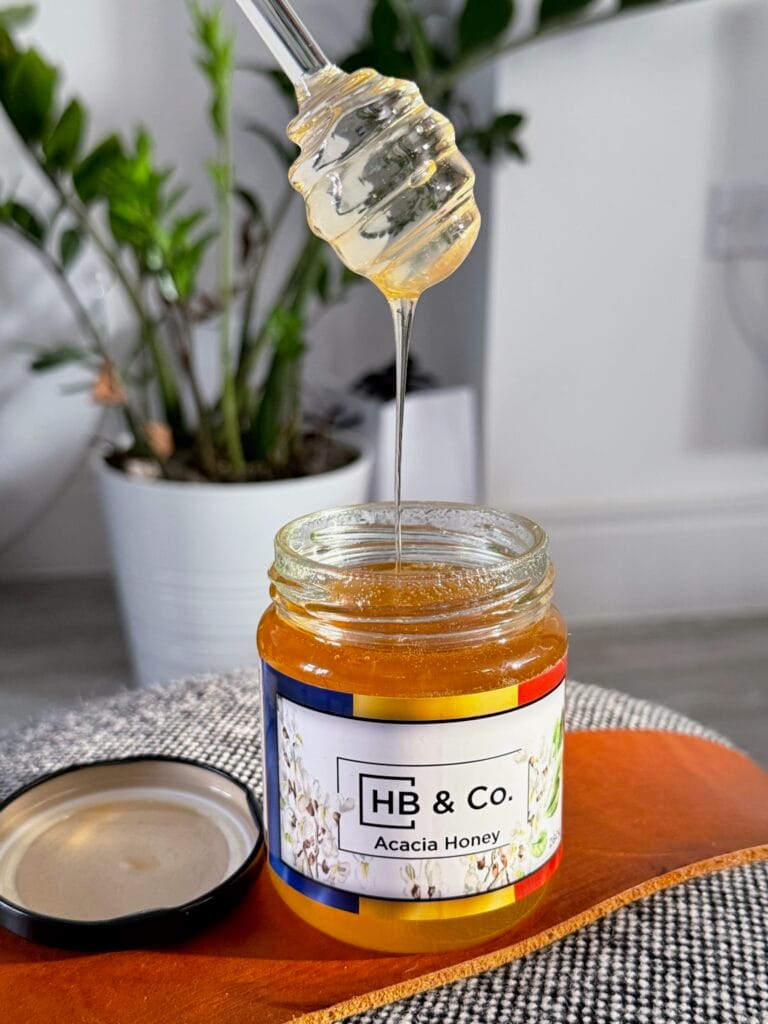
Why Does Honey Taste Different?
Honey flavour, colour, and texture depend entirely on the flowers the bees visit.
Honey can range from pale gold to deep amber and from mild to richly aromatic. Seasonal changes also influence honey, which is why spring and autumn honeys often taste noticeably different.
How Is Honey Made?
Bees collect nectar from flowers and store it in a special stomach.
The nectar is mixed with enzymes and partially digested. Bees then deposit it into honeycomb cells, where moisture evaporates over time.
Once thickened and sealed, the nectar becomes honey.
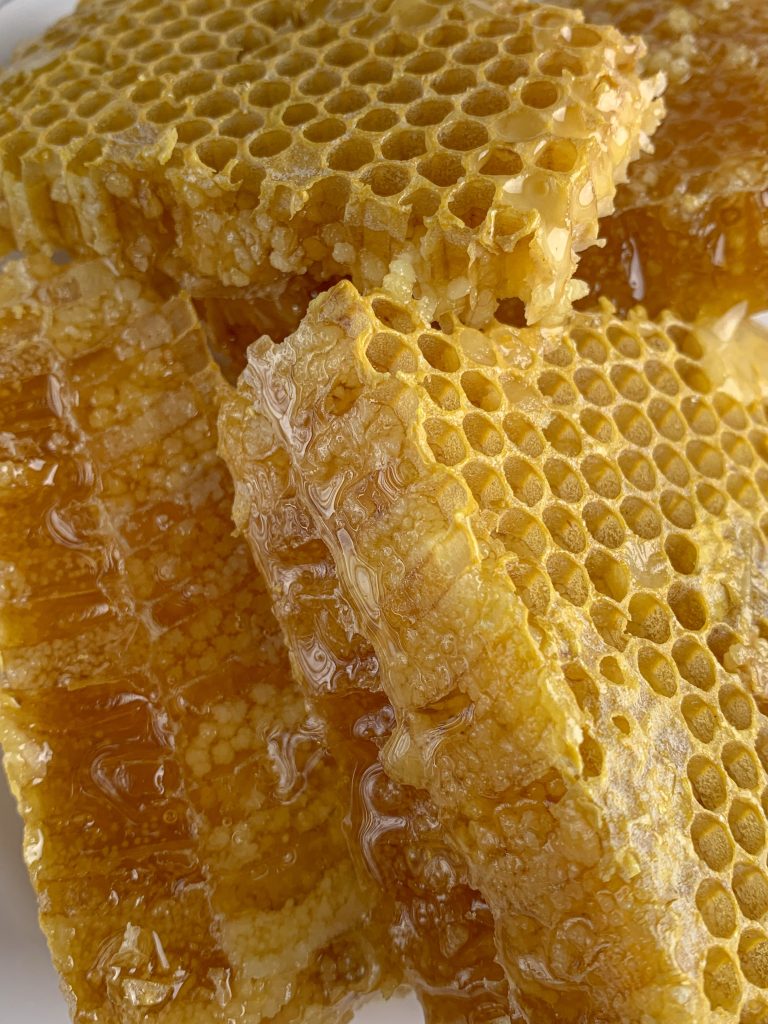
Final Thoughts
Honey has been used for thousands of years across cultures for its taste, longevity, and natural properties. While it offers many benefits, it should still be consumed in moderation.
Caring for flowering plants, supporting local beekeepers, and protecting bee habitats all help ensure that honey remains part of our future.
Sweet, simple, and extraordinary.
